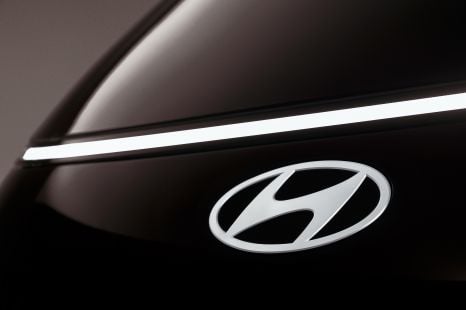

Damion Smy
Hyundai teases Staria EV ahead of likely January reveal
2 Hours Ago

Journalist
There may finally be a replacement for the superlative Lexus LFA on the horizon, but it will swap V10-powered madness for a clutch of tyre-frying electric motors instead.
Overnight Toyota and Lexus whipped the covers off 16 electric concept cars as the Japanese automaker announced it amp up its electric ambitions with 30 EVs to be launched by 2030.
One of the concept vehicles on display was a high-end coupe referred to in press materials as the Lexus Electrified Sport concept.
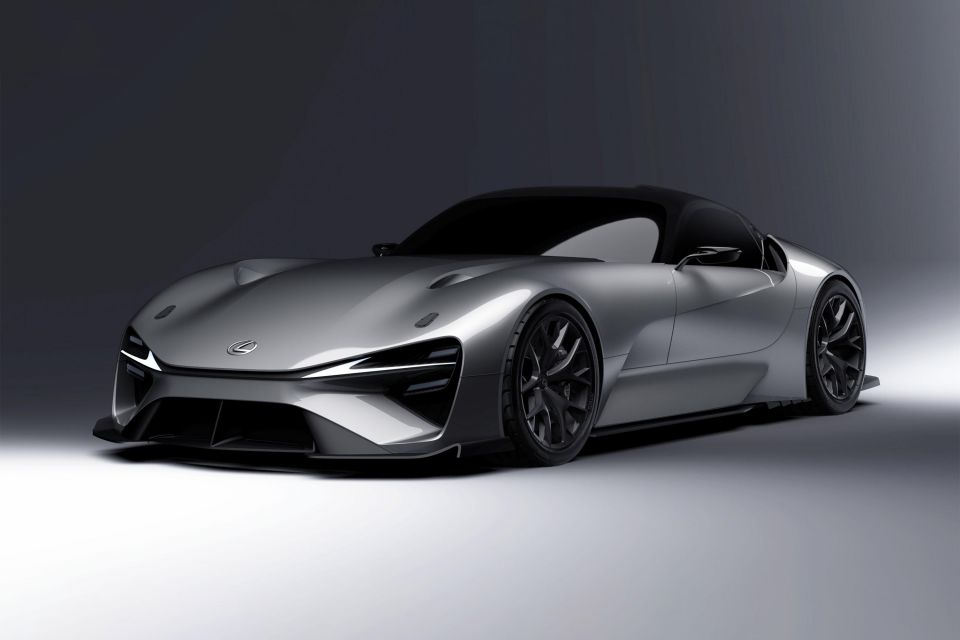
While the “electrified” name hints at the possibility of an internal combustion engine living under the concept’s long bonnet, Koji Sato, president of Lexus International, put paid to all that.
In introducing the concept car, Sato-san referred to it as a “Sports Battery EV” with “bold proportions and low ride height essential to a sports car”.
He said the car will show off the “unique driving performance” of Lexus vehicles and “become a model that symbolises the future of the brand”.
Sato-san promised the car will have a 0-100km/h time “in the low 2-second range”, while also having a driving range of “over 700km”, presumably if the car’s driven in a slightly more sedate manner.
It’s possible the car will use solid-state batteries, which promise much higher energy densities. Many car companies, automotive suppliers and tech firms are working hard on the technology, but it’s unclear when it will be ready for wide-scale use.
In a statement the brand said its “next-generation battery EV sports car inherits the driving taste, or the secret sauce, of the performance cultivated via the development of the LFA”.
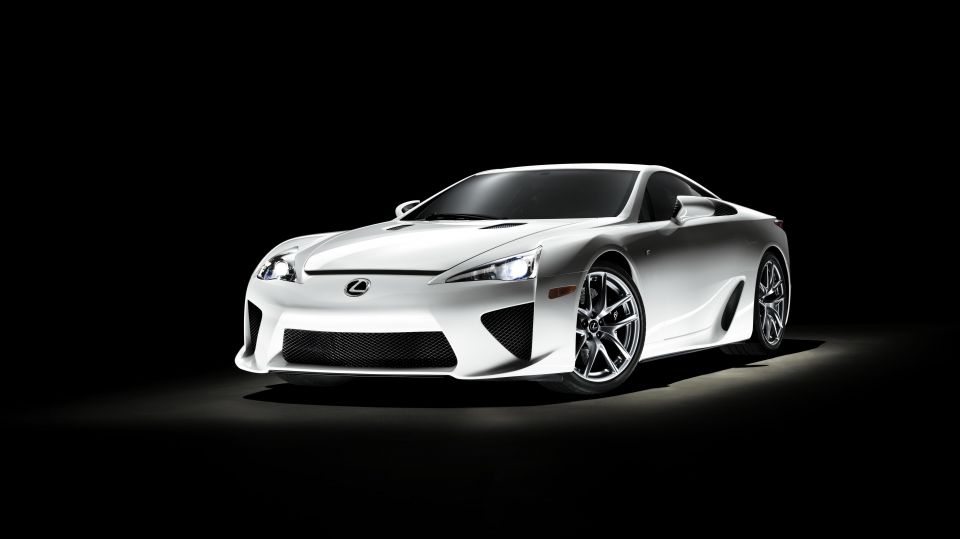
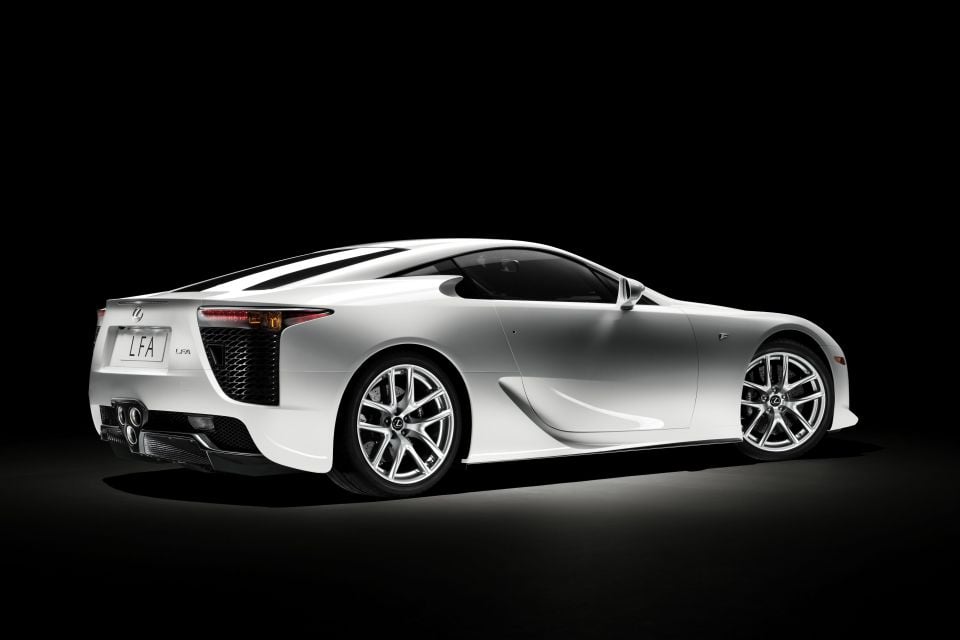
Made for just two years from late 2010, the LFA was powered by a naturally-aspirated 4.8-litre V10 making 412kW and 480Nm — a later Nurburgring Package upped power to 420kW.
Redlined at 9000rpm, the engine was connected to the rear wheels via a six-speed automated manual transmission. The LFA had a claimed 0-100km/h time of 3.7 seconds.
While the LFA was praised by the press, it wasn’t a sales success, with production stopped after just 500 units. Some unsold vehicles reportedly lingered on forecourts until 2019.
MORE: 2023 Lexus RZ revealed MORE: Toyota accelerates battery EV sales target by 75 per cent MORE: Toyota and Lexus reveal 16 diverse electric concepts MORE: Which brands are going fully electric and by when?
Where expert car reviews meet expert car buying – CarExpert gives you trusted advice, personalised service and real savings on your next new car.
Derek Fung would love to tell you about his multiple degrees, but he's too busy writing up some news right now. In his spare time Derek loves chasing automotive rabbits down the hole. Based in New York, New York, Derek loves to travel and is very much a window not an aisle person.


Damion Smy
2 Hours Ago
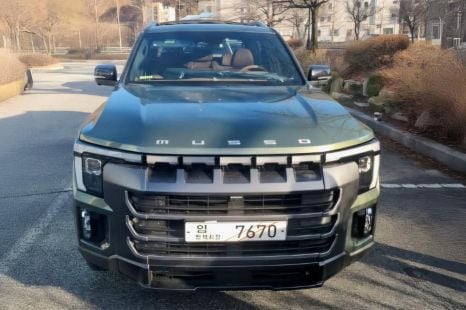

Damion Smy
6 Hours Ago
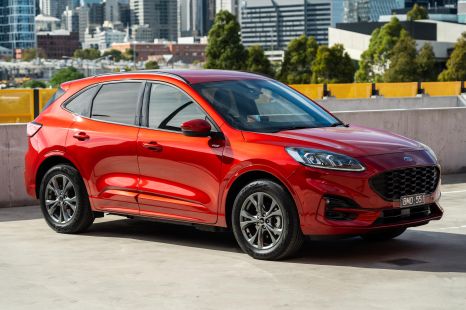

Damion Smy
8 Hours Ago
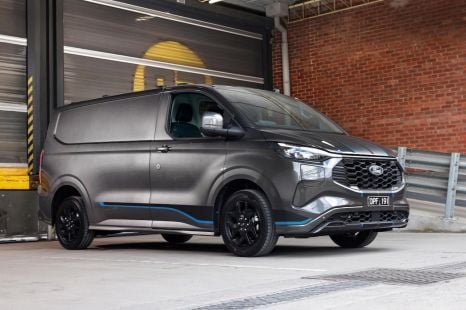

Damion Smy
8 Hours Ago


Damion Smy
9 Hours Ago
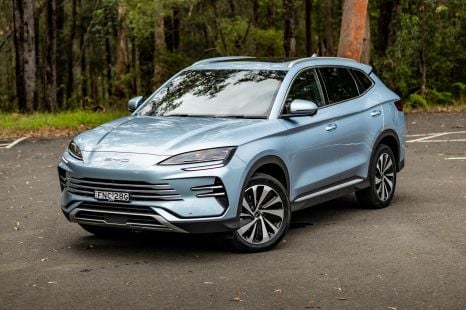

Josh Nevett
9 Hours Ago